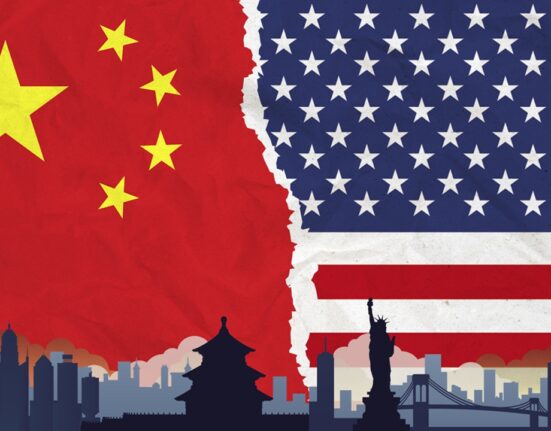The aviation industry has always been a fascinating realm, where innovation and global cooperation often collide. In recent news, Airbus, one of the world’s leading aircraft manufacturers, has made a bold call for a return to duty-free status for aircraft and parts. This move has sparked discussions among industry experts and government officials alike.
The Importance of Duty-Free Status
Duty-free status plays a crucial role in the economics of the aviation sector. By allowing aircraft and parts to be traded without additional taxes or tariffs, it promotes cost-efficiency in manufacturing and maintenance processes. This benefits not only the manufacturers but also airlines and ultimately consumers who rely on air travel for various reasons.
Challenges Faced by Airbus
Airbus’ advocacy for duty-free status comes at a time when the aviation industry is facing unprecedented challenges. The COVID-19 pandemic has significantly disrupted air travel demand, leading to financial strains on both airlines and aircraft manufacturers. Reverting to duty-free status could potentially ease some of these financial burdens and stimulate market recovery.
Expert Insights
According to aviation analysts, restoring duty-free status for aircraft and parts could have far-reaching implications beyond immediate cost savings. It could incentivize investments in new technologies, boost job creation in the aerospace sector, and support sustainable growth in air transportation.
In light of this development, government policymakers are under pressure to carefully evaluate the pros and cons of such a policy shift. While granting duty-free status may benefit industry players like Airbus in the short term, there are concerns about potential revenue losses for national treasuries that rely on customs duties from imported goods.
A Vision for Industry Resilience
Looking ahead, Airbus’ proposal serves as a catalyst for broader conversations about ensuring resilience in the aviation supply chain. As countries strive to recover from the impacts of the pandemic and navigate shifts in global trade dynamics, innovative solutions like revisiting duty-free arrangements could pave the way for a more agile and competitive industry landscape.
In conclusion, Airbus’ call for reinstating duty-free status for aircraft and parts is not simply about reducing costs; it reflects a strategic vision aimed at revitalizing an industry grappling with uncertainty. How governments respond to this call will shape the future trajectory of aviation worldwide.








Leave feedback about this